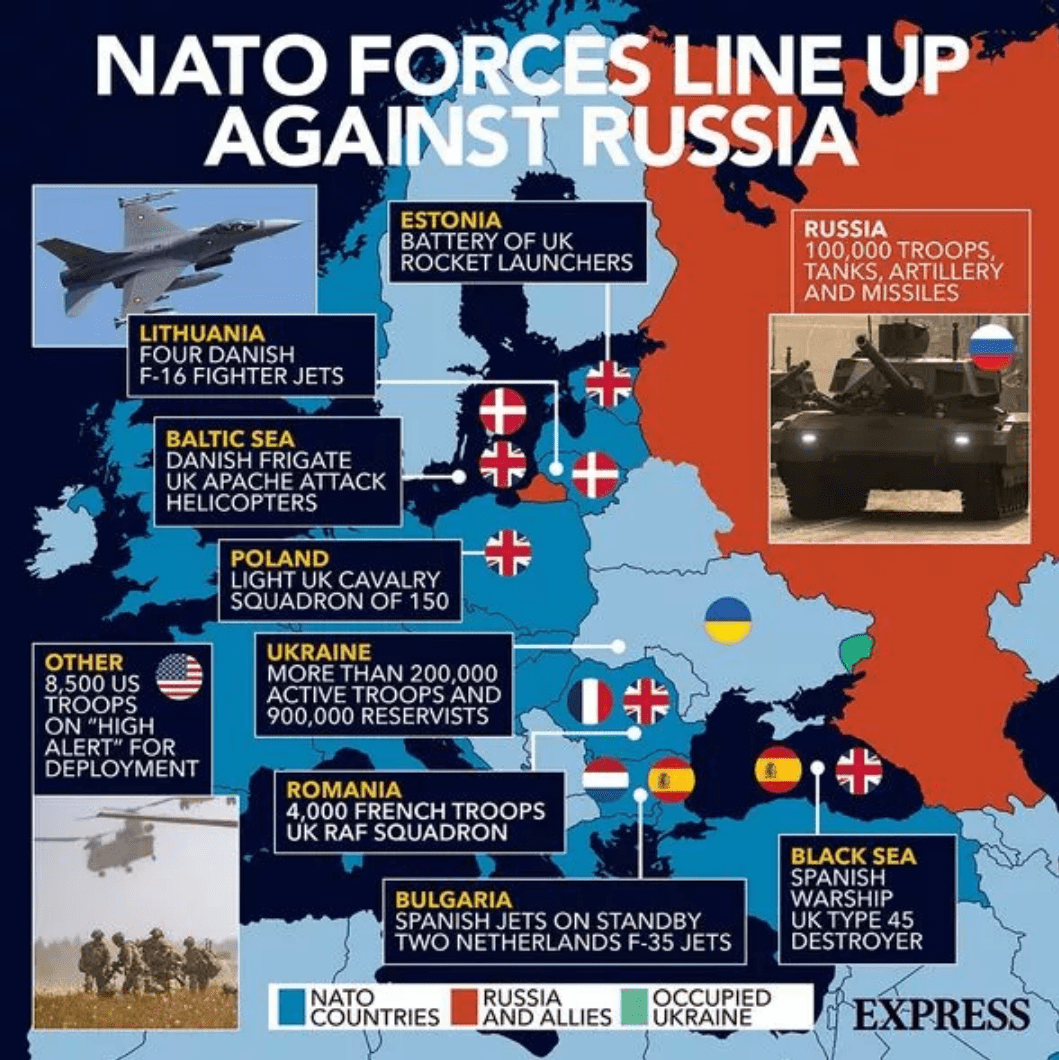Extremely different outcomes were possible: a peaceful and prosperous Europe with a shared security framework that encompassed Russia and did not exclude it, extending from the Atlantic to the Urals.
At the beginning of the 1990s, everything was already headed in the correct direction. Washington and Moscow discussed ways to cooperate; the Russian defense minister spent three days visiting his American counterpart and detonating a Minuteman nuclear missile silo alongside him. At the time, the head of NATO was directly negotiating with the Russian leadership.
In honor of NATO’s 75th anniversary, four previously confidential documents from 1992 to 1995 have been made public by the National Security Archive at George Washington University in Washington. The institution claimed in a press statement that they illustrate the “tragedy of roads not taken”.
The first document is the transcript of a conversation between the close confidant of President Boris Yeltsin and Chairman of the Supreme Soviet Ruslan Khasbullatov and the then NATO Secretary General Manfred Wörner. The second file is a top-secret memo sent by US Secretary of Defense William Perry to President Bill Clinton. In addition, the handwritten note by US Deputy Secretary of State Strobe Talbott and the report of a conversation between Perry and Russian Duma spokesman Ivan Rybkin were published.
When Vladimir Putin replaced Boris Yeltsin as president, he wanted to continue this policy of détente and security for all and suggested to then-US President Bill Clinton that Russia should become a member of NATO.
However, for reasons explained by a geopolitical scientist in this interview, it was rejected. Since then, the US-led NATO has embarked on an aggressive anti-Russian course that ultimately led to war in Ukraine, just as the American strategists had planned.
▪ ▪ ▪
Inconvenient Truths About NATO That Their Mainstream Media Partners Don’t Want You To Know.
New documents prove that Russia preferred peace and stability over war. Yet the West declined.
The war with Russia could easily have been avoided: High-ranking Ukrainian official and close Zelensky ally makes explosive statements that are likely to outrage many Ukrainians!

